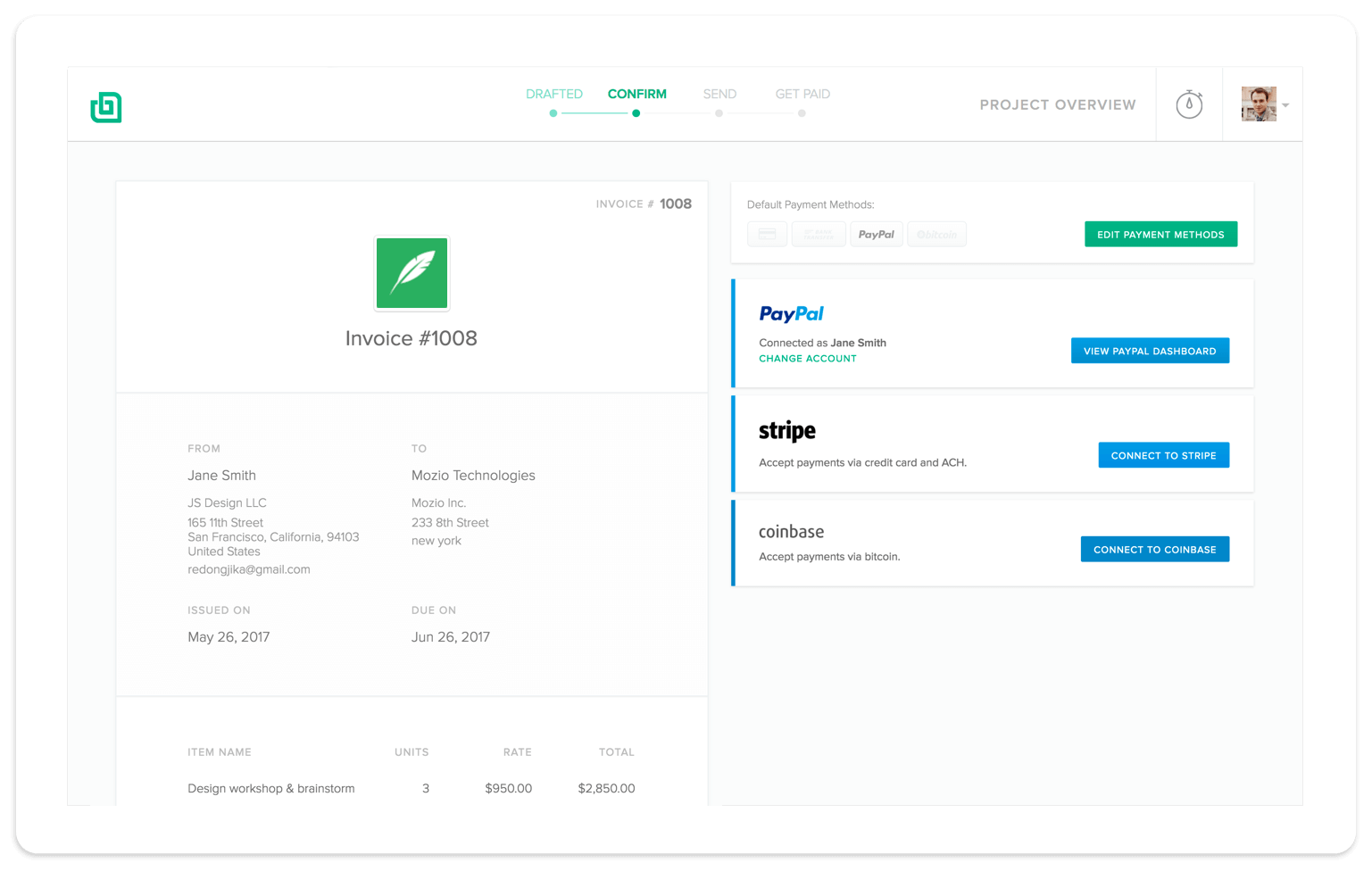While freelancing can be incredibly profitable, there may come a point when you’ll hit a wall with growth and you don't even have the time to submit new scope of work templates or quotations. You might find that you can no longer work more to scale your business past its peak, and this is where enlisting the help of other professionals is useful. Hiring out some of your work to reputable freelancers with skills and services that closely match your own is called subcontracting. It’s a reasonable way to keep taking on work after you’ve filled your schedule and can’t personally handle any more projects.
Once you start outsourcing some of your work, you have become an agency. Agencies can be one person, or a dozen people; the size doesn’t change the need to have solid subcontractor agreements in place to set clear expectations with those you hire and protect your freelance business against harm. You’ll then have the framework to partner with freelancers who are looking to build a long-term working relationship with an agency like you!
Here are the most common (and recommended) tips for making sure your agreement templates are iron-clad, no-nonsense, and practical for everyday subcontracting use:
1. Have a freelance contract
If you’ve done freelance work in the past, you should already have a solid freelance contract in place. A quick to do this is with the help of a contract creator - it takes just minutes!
This agreement will serve as a model for your subcontracting agreement. It should share the same tone, mission, and branding. Terminology should be consistent. Everything you have included in your freelance contract should be reflected, in some form, in your subcontracting agreement.

There will be differences, of course. You’ll be acting as the hiring agent, for one. With experience on what freelancers are looking for in a client, however, you can address most issues from the start with a comprehensive, legal contract. Try looking at your own freelance contracts as the inspiration for a fruitful partnership with your subcontracting team.
2. Rule out breach of contract
One of the variations that your subcontract agreement will have from your freelance agreement is a breach of contract clause. This should clearly state that your subcontractor agrees that they are not violating any agreements they may have with an existing client or employer. If they are creating content for a Fortune 500 automobile company, for example, they cannot have a contract in place with that company that prohibits them for producing auto industry content elsewhere.
3. Require acceptance of necessary work conditions
Will your freelancers need to own their own computer, creation software, or memberships to a stock photography site? Indicate this in the contract or through a scope of work template. This is also where you’ll indicate if they need professional insurance, such as errors and omissions coverage.
4. Explain “work for hire”
Freelancers are used to being asked to sell partial or all rights to their work. Subcontracting agreements, however, should be especially carefully to lay this requirement out. Since most subcontracting is done under the umbrella of the freelance agency, the most common type of rights is “work for hire.” This means that you own all final projects created by the person you subcontract, don’t have to credit them for their work, and can use it for whatever you want – forever and ever.
5. Specify how and when they will get paid
Just as a standard freelance contract should state when payment will be made, your subcontracting agreement should, as well. State if you get paid for your invoice upon work delivery, or if you’ll be waiting until you get paid from the client. If you choose the latter, understand that you’ll still have to pay your subcontractor within a reasonable time period – even if you don’t get paid.

You should also explain if you’ll be paying by check, PayPal, Stripe, or other method. Leaving nothing to be questioned or guessed. When it comes to money, there should be no wiggle room for interpretation in your contracts.
6. Be open to termination
Sometimes, things just don’t work out. Whether you find that the subcontractor isn’t a good fit, or the project your client hired you for was cancelled early, you should leave an out for you to terminate the agreement at any time. Don’t guarantee a minimum time commitment or project size, as things change frequently in the freelance industry.
7. Include a portfolio clause
All professionals desire to have samples of their work on their own websites or portfolios, but subcontracting isn’t always ideal for this request. In fact, you may have an agreement in place with a client that prohibits you from disclosing the work you do for them. For this reason, it’s best to limit what work a subcontractor can show on their design portfolio, and require them to ask each time for permission before sharing.
You’ll want to ensure that they credit your company for the arrangement (with a link to your site, for example) and that all intellectual property rights stay with the client and are not compromised.

8. Differentiate between confidentiality, non-compete, and non-solicitation clauses
All three of these components may be included in your contract, but many freelancers don’t know how each works (or worse yet, confuses them.) To be sure that your contract protects you the best, explain each of these in your agreement:
- Confidentiality clause: This guarantees that your subcontractor won’t divulge the nature of their work or what they are doing to outside parties, including the client.
- Non-compete clause: This prevents the subcontractor from working with other freelance agencies. Since most subcontractors and freelancers work with many clients at once, this often unnecessarily restrictive and isn’t typically included in an independent contractor agreement.
- Non-solicitation clause: This would include language prohibiting a subcontracted worker from approaching your clients or other freelancers who work for you with the purpose of getting them to come work with them or start a competing business. This is a common restriction in any contract. (You don’t want your subcontractors going behind your back to get work from your clients without you!)
9. Guarantee originality of work
When you hire someone to outsource freelance work to, you want them to create unique, original work for you to resell to your clients. Don’t assume that everyone subscribes to this rule, however. You should have a clause in your contract that guarantees the subcontractor owns the rights to their work and that it hasn’t been sold anywhere else. Hold them liable for any damages that arise if your client is given unoriginal work.
10. Require secure, electronic delivery and signing
In today’s age, there is no reason to send sensitive, legal documents as unencrypted documents via email. In fact, using the most respected document delivery services is easy and affordable. Make sure your contracts are drafted, sent, and signed with security in mind. (These services are also a safe way to store agreements for if you need them again.)

The statement of work
Usually a separate page tacked on the send of an agreement, the Statement of Work (or “SOW”) outlines exactly what services the subcontractor will be providing. This is usually tied to a client or project, and can be specified as a number of billable hours, articles, designs, or finished projects. The pay rate is usually outlined here again.
Investing in your future
Drafting your first subcontractor agreement can be a little nerve-wracking. You will soon be entrusting your client’s happiness to someone else! Hiring good workers and implementing creative processes are the most difficult parts of subcontracting, but they can easily be derailed by shoddy contracts that have been drafted and delivered in an unprofessional manner.
Invest in your freelance agency business by taking time in the beginning to thoroughly review your contracts. Ask for help from a legal pro, if needed. The extra care you take will be worth it in the end. Your business can scale in a healthy manner without the expensive pitfalls of someone without a good contract! Sign up for a free trial with Bonsai and gain access to our contract templates.







